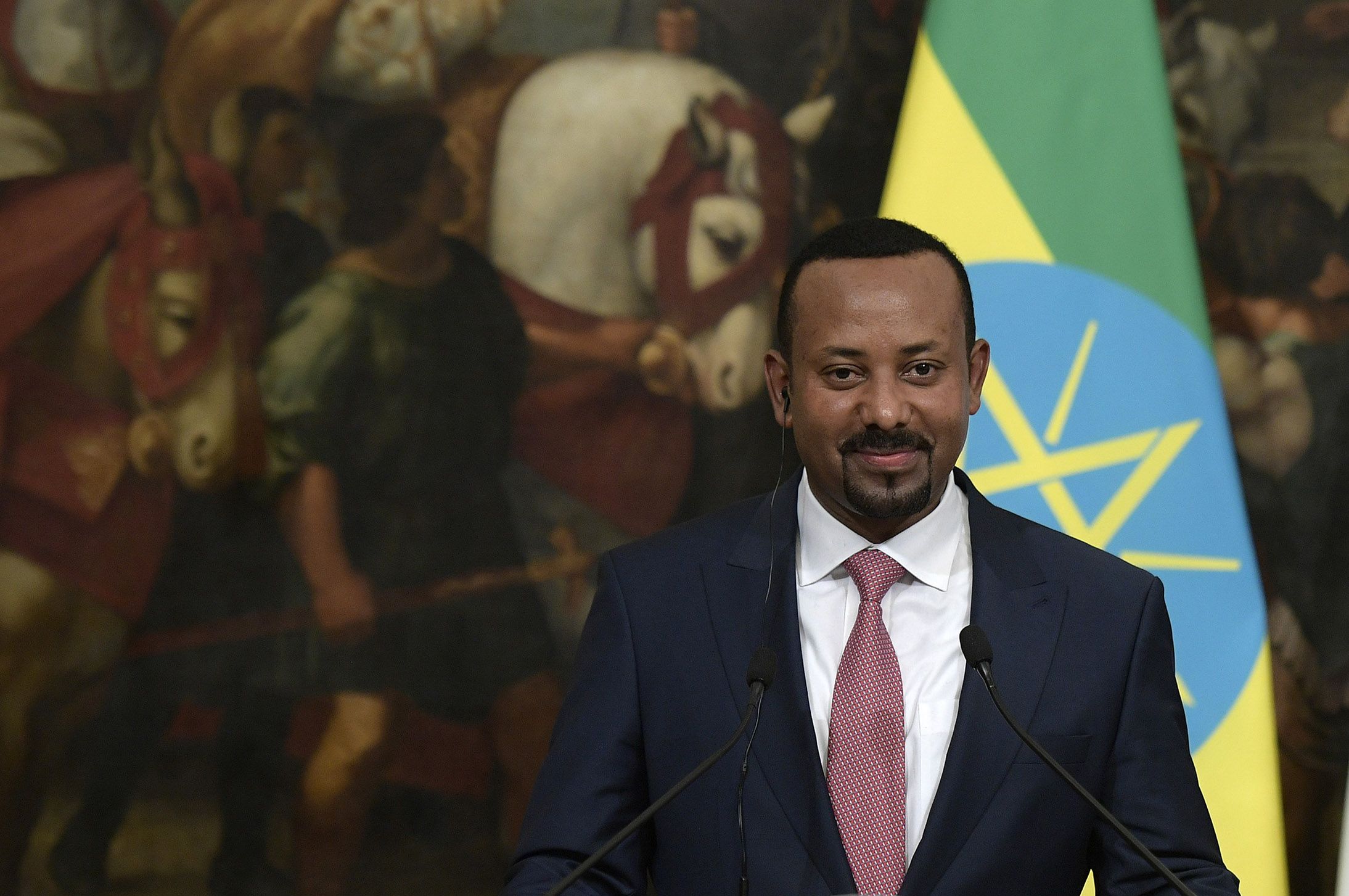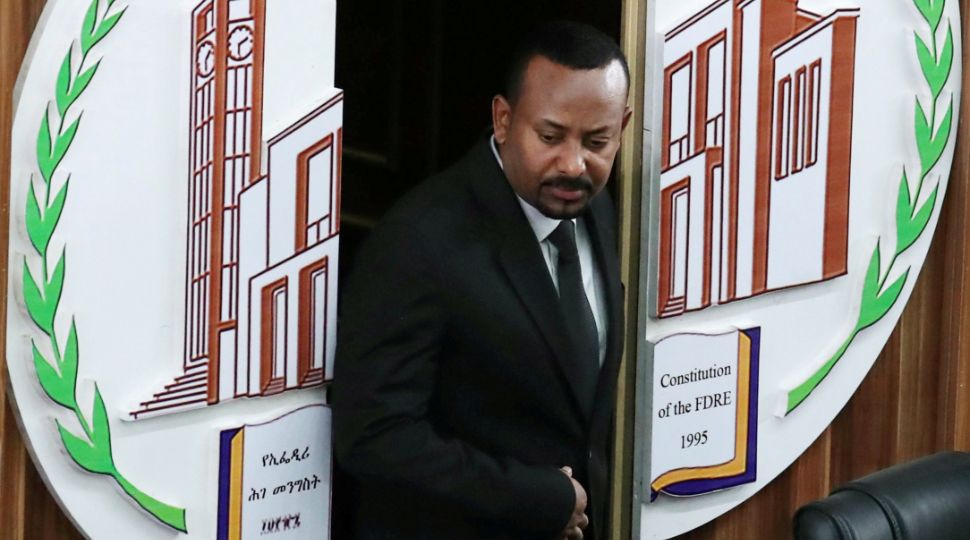Ethiopia's Prime Minister Receives Nobel Peace Prize

Who is Ahmed?
At age 43, he is currently the youngest African leader. He ascended to power in April 2018 on the wave of political changes in Ethiopia initiated after three years of protests by the Oromo and Amhara people against the domination since 1991 of the military-business elite of the Tigrayan minority. As a result, the Ethiopian regime, one of the most authoritarian on the continent, agreed to reform. Ahmed became the driving force of this change. As an activist of the Oromo party, member of the ruling coalition, and a military member, he was accepted by the security services as a compromise candidate. Coming from a mixed, Muslim-Orthodox family (and being Protestant himself), he also gained support from across the spectrum of the multicultural society.
What has he achieved?
Ahmed has released political prisoners and abolished state censorship to meet the protester’s demands. Then, he invited the return of the emigre political opposition, including those who had associated with radical armed groups. In July 2018, he made a ground-breaking visit to Eritrea, with which Ethiopia fought a bloody war in 1998-2000. Since the end of the war, Eritrea had made hostility towards Ethiopia a state ideology. For Ethiopia to make peace with its neighbour required a readiness to return some contested territories, against the desires of the military establishment. Also, very symbolic was the re-introduction of telephone connections and flights, reuniting divided families after 20 years. Ahmed has also successfully mediated other regional conflicts, including in Sudan where he convinced the military to return to talks on relinquishing power after 30 years of dictatorship.
What does the Nobel Prize for Ahmed mean for Africa?
It offers a model for leadership on the continent. Increasing the quality of leadership is among the greatest challenges for African states. The majority of leaders are from an older generation and do not understand the growing aspirations of their young societies. The award for the Ethiopian PM de facto denounces leaders who don’t accept pluralism or who use violence. It may also serve as a push towards compromises to solve other conflicts on the continent, such as finally delimiting the border between Sudan and South Sudan. Also, this year’s Nobel selection endorses the importance of climate policies. For example, Ahmed conducts programmes to clean up riverbeds and plant up to 4 billion trees, which will help speed up the creation of what is called a “Great Green Wall” from Senegal in the west to Djibouti in the east of Africa.
What other message is there in this Nobel Prize?
First of all, the award is a significant impulse to strengthening the course of reconciliation and cooperation on the Horn of Africa and inside Ethiopia. After a year and a half of Ahmed in power, the results are ambiguous. By offering space to radicals, his policies have contributed to the growth of ethnic nationalism and tensions in Ethiopia’s regions. In the country, he is increasingly—and unfairly—seen as favouring his own ethnic group, the Oromo. The peace process with Eritrea has slowed down and that country still has not opened up politically. The Nobel Prize gives Ahmed a stronger mandate to initiate constitutional changes that can counter political centrifugal tendencies in the country and to build economic interdependence in the region. If these materialise, they will minimise the risk of further conflict and humanitarian and refugee crises, which would be beneficial to the EU and the U.S., Ethiopia’s key foreign partners.





